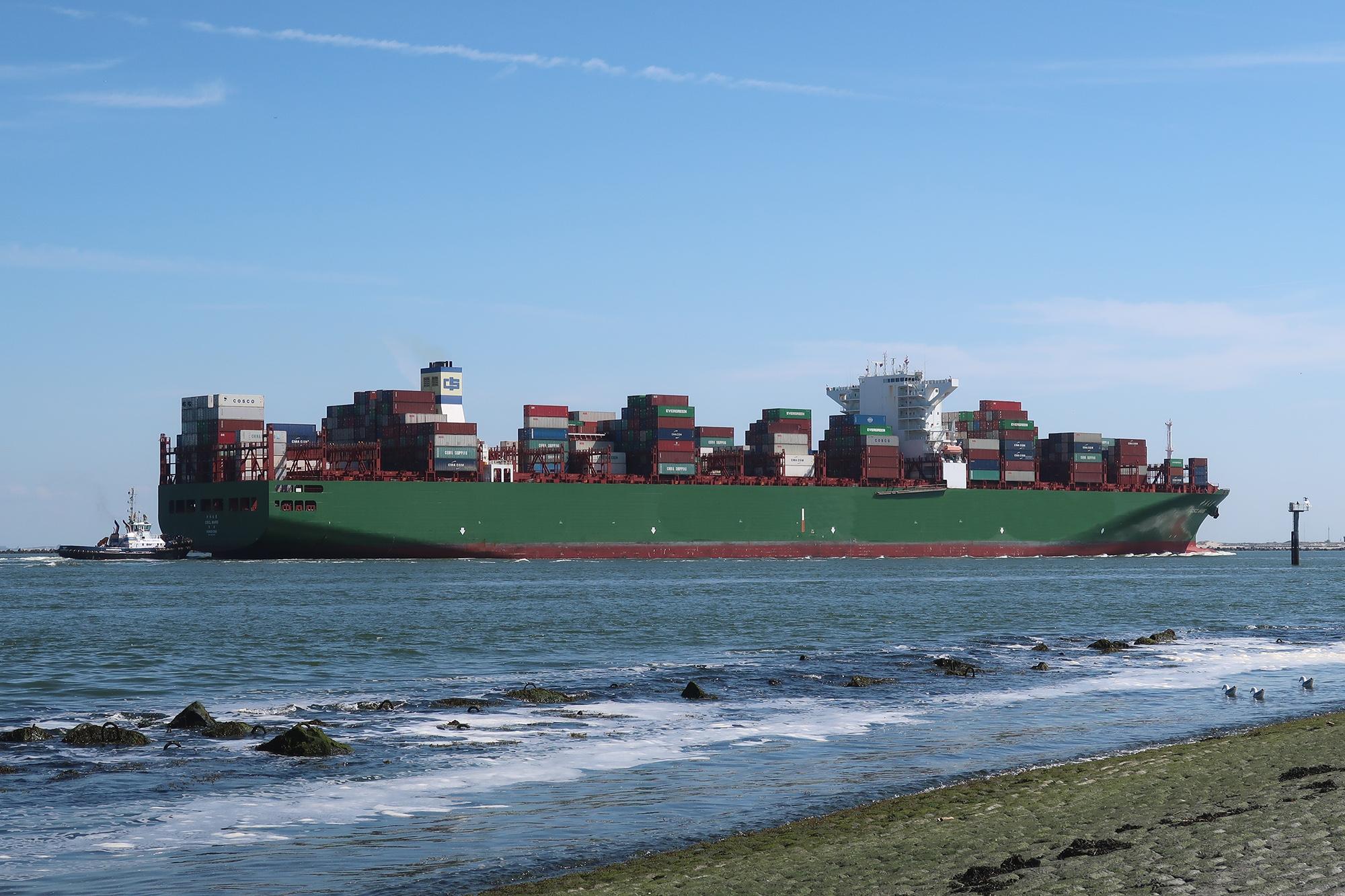- The joint development consortium of maritime technology forerunners has invited the University of Turku to join them in developing the investment and operating efficiency of container ships.
- The role of the University of Turku in the consortiumis to study different finance and business model options
- Sea and Maritime Studies is one of the six thematic collaborations in research at the University of Turku
The University of Turku is the only academic partner in the international maritime consortium and represents expertise in research. The University of Turku was invited to join a development consortium of international maritime technology leaders which aims at developing the investment process in container ships and creating novel business models.
The joint development consortium of maritime technology forerunners created in August 2018 has invited the University of Turku to join them in developing the investment and operating efficiency of container ships.
The consortium is led by Zaitoun Green Shipping from Dubai. The corporate partners are MacGregor, Carina Solutions, Wärtsilä, Winterthur Gas & Diesel, Mitsubishi Heavy Industries Machinery and Equipment, and Gaztransport & Technigaz.
University of Turku studies different finance and business model options
The purpose of the consortium is to pool together the scattered but vital investment and operating expertise and create a more efficient investment case and also environmentally friendly operation model for global container traffic.
The role of the University of Turku in the consortium, agreed to cover the first steps in the development activity, is to study different finance and business model options both in the investment and operational phase. Special emphasis is placed on possibilities in value creation by increasing economic and ecological efficiency. Turku School of Economics leads the project at the University of Turku.
– We are very pleased to be working with the leading international corporations in the field and to participate in creating future solutions for container ships which take into consideration both economic efficiency and ecological aspects, says Director of Corporate Research Co-operation Antti Saurama from Turku School of Economics.
Mr Saurama continues that the need for new solutions is evident.
‒ Globally, the industry has reported a lack of efficiency and unsatisfactory economic results. At the same time, the decisions of the International Maritime Organization demand emission reductions and implementing new shipping technologies. Ship investments, which have a life cycle of approximately 25 years, have to be planned carefully.
Goals economic efficiency and environmental requirements
Mr Mohammed Zaitoun, CEO of Zaitoun Green Shipping leading the collaboration, believes that the newly established consortium can challenge current operation models.
‒ I have witnessed the problems of the industry first hand for a long time. The ecosystem and operation models have remained the same and inefficient for too long. However, our international consortium consisting of the leading corporations in the maritime sector can challenge the current modes of operation and significantly increase ships’ economic efficiency while taking into consideration even the strictest environmental requirements, says Mr Mohammed Zaitoun, the former long-time Director of the United Arabic Shipping Company (UASC).
Sea and Maritime Studies is one of the six thematic collaborations in research at the University of Turku. The Sea and Maritime Studies builds upon strong multidisciplinary basis, integrating existing and emerging topics with a focus on marine and coastal nature, economies and cultures. Examples of research topics include natural processes and environmental changes in the Baltic Sea, marine and coastal history, autonomous shipping and digitalisation in the maritime industries. The profile area is a collaborative effort with the Åbo Akademi University.

